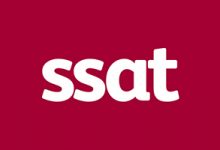Considering AI and education
Alex Galvin reflects on Dr Rankin’s ‘three ages of learning’ and the impact of AI for educators. The blog outlines the different ways educational institutions are already responding to AI. Is co-construction with students the way forward?










